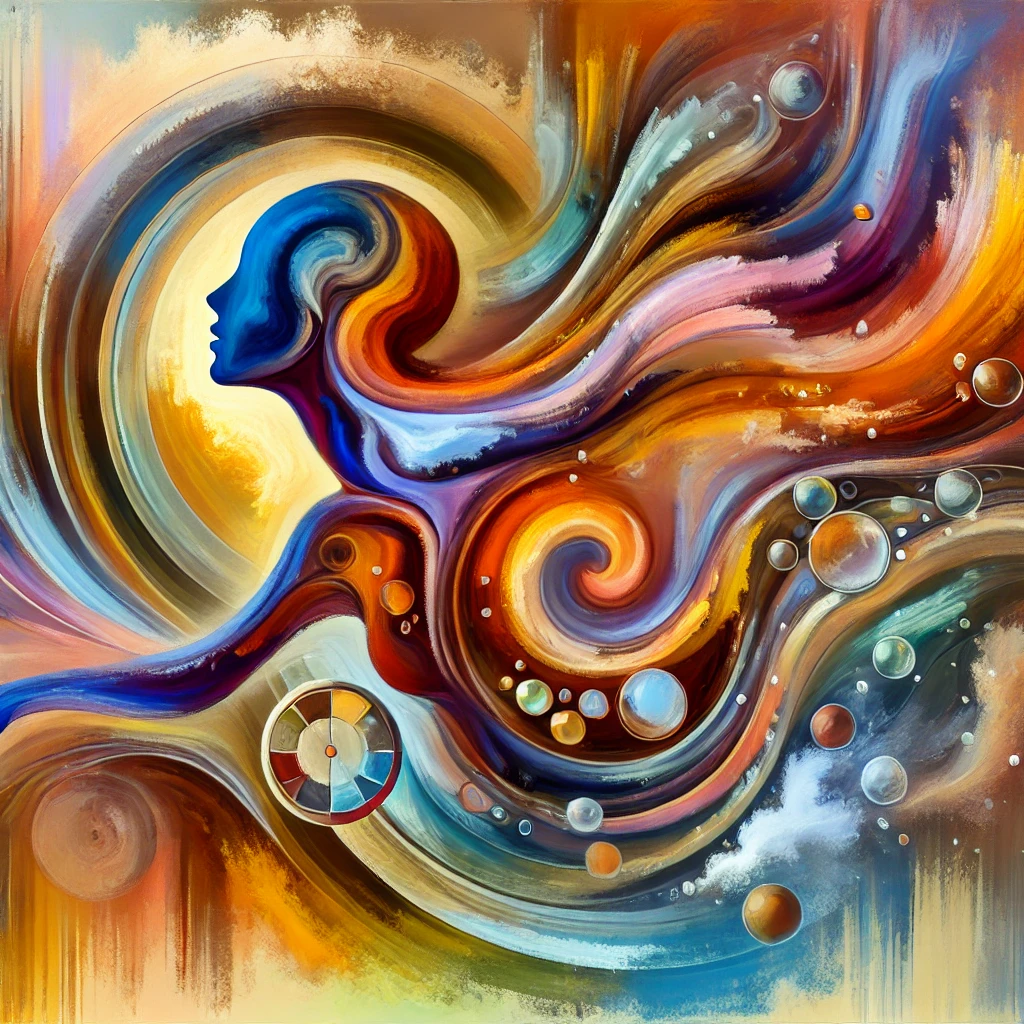age insurance
Exercise is age insurance.
We cannot know when our last day is, nor can we predict what diseases will strike us. We cannot foresee what physical impairments may arise from an accident or the natural evolution of our bodies. We cannot know whether we will get cancer, develop dementia, or fall prey to any illness that may cut not only our lifespan but also our healthspan.
Healthspan refers to the period of life spent in good health, free from chronic diseases or disabilities. While we can't control everything, we do know that there are correlates of good health—means of expanding our healthspan. Forget what the marketers tell you about the next miracle cure or snake oil, but keep in mind the fundamentals. We come back to them again and again: sleep, exercise, diet. Supplements are additive to these baselines.
I started weight lifting almost ten years ago, and I didn’t do it for the aesthetics. The prospect of looking good alone was not enough to motivate me into a regular exercise practice. However, when I learned that men after the age of 50-65 lose their ability to gain muscle mass—yes, lose it completely, unable to gain but only able to lose muscle—I felt a fire under me. Sure, that time was a ways off, but I’ve seen how frail old men lose agency, how their physical strength and energy atrophies. Use it or lose it—in this case, use your body or lose your body.
I fell into regular cardio from a similar stick-motivation. I developed pains in my wrists and hands, likely exacerbated by computer and musical instrument work. When I went to see a physical therapist, they noted that my pain was not likely due to repetitive stress but poor circulation. I read this as: "Do more cardio, get your wrists back." Ok, loud and clear, doctor. I was sold.
When I think about growing older, I think about a period of my life where I had extremely low energy and ability. Several life events hit me hard—loss of my most important romantic relationship, loss of my job, and a heavy depressive episode exacerbated by self-medication. During that period, I gained 40 lbs and had little motivation or energy to get through each day. I was still high-functioning enough to find work and go about my day-to-day, but I had a deep knowing that my capacity was shunted. I was operating at 20% at best.
Habituating myself to an exercise routine was a key factor that helped me turn the corner. Motivated primarily to have more energy to do what I wanted in life, and with the fire under me knowing that time was limited, I started small with 2-3 days of strength training per week. At this point, I have an almost daily ritual of 15 minutes of jump rope and weight lifting or 1,500 yards of swimming. It’s become non-negotiable, a habit that is not a drudgery but a place of respite.
I have come to think of exercise as age insurance. There are several aspects of my life where I feel I got a late start, and for better or worse, I feel a drive to make up for the lost time. Keeping fit and energized feels like the highest lever for me to take full advantage of each day. While I cannot control the externalities that may cut my life short, I can still do whatever is in my power to increase my healthspan and my lifespan. It may not be a certainty, but I’ll take the bet that I’ll survive and play my cards accordingly. I’m going for the long bet.
I keep in mind that insurance is just that—it’s something that hedges against unlikely but possible circumstances. I pay a regular premium to have coverage and security. The bet here is that this premium will decrease the likelihood of serious maladies while increasing the daily quality of life.
The bet is asymmetric, with an upside of increased time, life, and energy. The downside is uncapped other than by death—but perhaps with worse illnesses as its accomplices. I’ll pay the premium.
What can you do today to increase your lifespan and healthspan?
